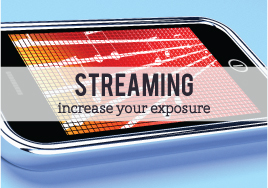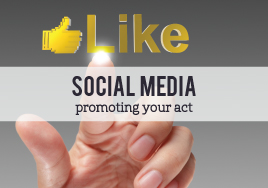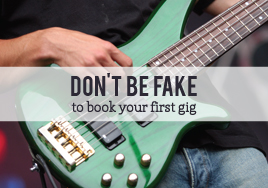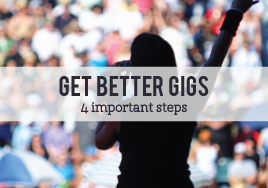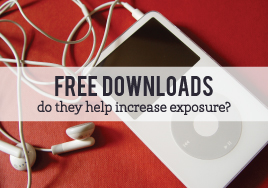Battle of Bands: What You Should Know About Contests
By Estimated reading time: 2 minutesIn a time when grabbing a fan’s attention gets harder each day, when people’s attachment to their smart phones, tablets and computers makes it simultaneously easier and harder to connect with them, when you’re competing against a flood of content and noise from other artists, how is a band supposed to stand out and get actual attention? One way to gain increased exposure and recognition is by entering band contests, which are becoming increasingly common.
Battle of the Bands—Contest Formats
There are a few different ways a contest can be held. The most common are web-based or live. In a web-based contest, you’ll be asked to upload a song (or more commonly, a video) and promote yourself, in effect promoting the contest. In a live contest setting, the setup is very similar to a live show. You’ll be asked to perform a shorter set, and there will be judges that will be watching for the best performance, crowd interaction, song quality, and so on.
Benefits of Band Contests
In addition to reaching new fans, contests can have other benefits. Winning or placing in a contest looks good on your band’s bio. Quite often, the judges are people from the industry with proven track records and lots of pull. Sometimes, contests award recording sessions, the chance to play a big show or on a big tour, or just a substantial amount of cash. All of these things are helpful and useful and good… so why wouldn’t someone want to participate in a contest?
Drawbacks to Band Contests
Contests can have their downfalls as well. If you spent a lot of money on the contest and don’t win, you may feel like you have wasted money that could have been spent on recording a new song, buying newer equipment, or getting better gigs. Additionally, not all contests are as legitimate as they seem; triple check the contest to be sure you’re not walking into a scam.
Where To Find Contests
The Ernie Ball Battle of the Bands is one of the most popular ways to get involved in contests. Their current opportunities including playing at Warped Tour, Epiccenter, Aftershock, Uproar Festival, Crossroads, and Showdown at Cedar Street. The Hard Rock Cafe also hosts a battle of the bands. On a smaller scale, look for local battle of the bands at cities and venues near you. Even if you lose, these can help you gain a local following.
The ball is in your court; keep an open mind about contests when moving forward.
Have you entered a Battle of the Bands or other contest before? How did it affect your fan base? How did you do?
Leave a comment
...Keep Reading



